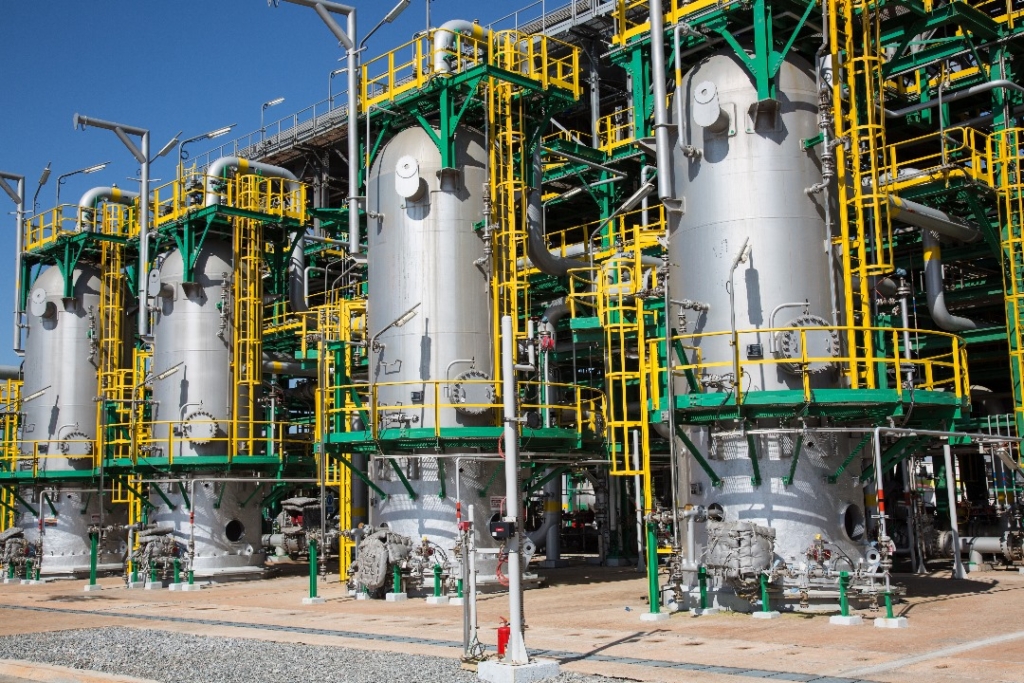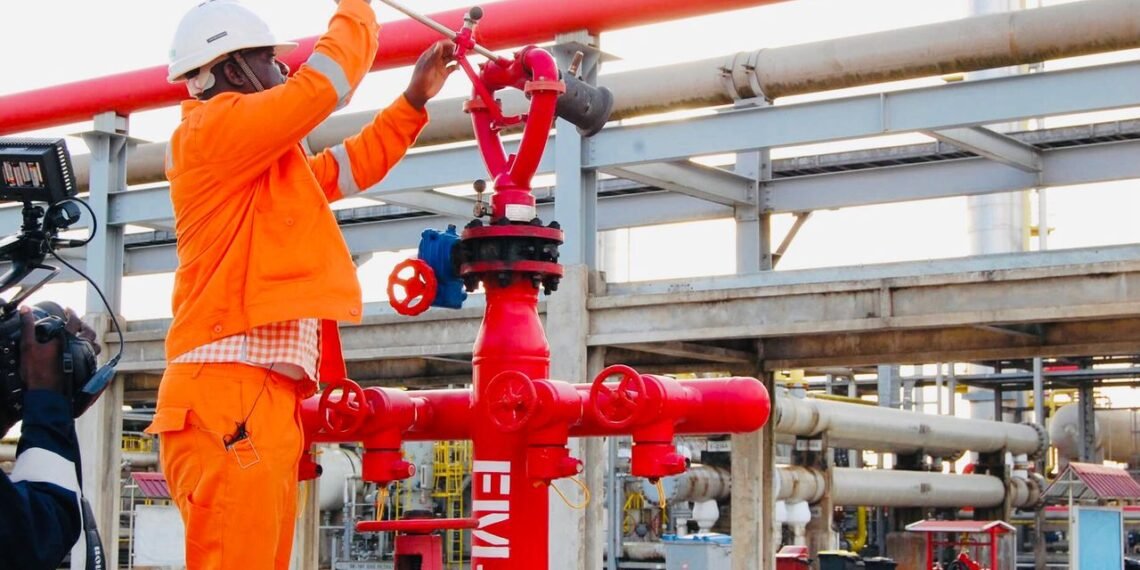The Centre for Environmental Management and Sustainable Energy (CEMSE) has urged the government to act swiftly in securing additional natural gas supplies ahead of a planned shutdown at the Atuabo Gas Processing Plant in Ghana’s Western Region.
The advisory comes as the Ministry of Energy and Green Transition confirms a two-week maintenance period for the plant, scheduled from August 16 to August 30, 2025.
According to CEMSE, proactive planning will not only prevent potential disruptions to the country’s power generation but also help reduce reliance on costly alternative fuels during the maintenance window.
Benjamin Nsiah, the Centre’s Executive Director and an energy analyst, stressed that without adequate preparation, the shutdown could put pressure on both electricity supply and public finances.
“We need to plan these maintenance schedules in advance and ensure that, before the year starts, we’ve identified them and secured additional natural gas supplies.
“We must also begin to utilise the Tema LNG plant, which is designed to import large volumes of natural gas into the country. Using such facilities could help limit environmental impacts.”
Mr. Benjamin Nsiah, the Executive Director of the Centre for Environmental Management and Sustainable Energy
The Atuabo Gas Processing Plant is a crucial component of Ghana’s energy infrastructure, processing natural gas from offshore fields for use in electricity generation and industrial operations.

Its temporary closure for maintenance is necessary to ensure the plant’s long-term reliability and efficiency, but it also presents operational challenges given its central role in the national energy supply chain.
The Ministry of Energy, in its announcement, explained that gas supply from the facility will be completely suspended during the two-week maintenance period.
The shutdown will allow for a comprehensive series of inspections, repairs, and upgrades to critical systems. These works, the Ministry noted, are part of the government’s broader commitment to ensuring the safe and efficient running of national energy assets.
To minimise the risk of power shortages, the Ministry has coordinated with major power sector stakeholders to put contingency measures in place.
These include switching to alternative fuels where necessary to sustain stable electricity generation across the country.
While alternative fuel use often comes at a higher cost, officials insist it is a necessary step to protect households and businesses from load shedding.

For CEMSE, the situation underscores the importance of developing a more resilient energy system that can withstand temporary disruptions without resorting to expensive emergency measures.
Mr. Nsiah pointed to the Tema LNG plant as a strategic asset that has yet to be fully utilised. The facility, capable of importing substantial volumes of liquefied natural gas, could be instrumental in meeting supply gaps during periods of planned maintenance or unexpected outages.
Energy policy experts say the upcoming shutdown also highlights the need for greater transparency and forward planning in the sector.
By announcing maintenance schedules well in advance and securing backup supplies early, the government could not only save costs but also enhance investor and public confidence in Ghana’s energy management.
“If we get ahead of these situations, we can save money, reduce environmental harm, and ensure Ghanaians have a stable power supply, even when critical facilities are offline.”
Mr. Benjamin Nsiah, the Executive Director of the Centre for Environmental Management and Sustainable Energy
The Atuabo plant, which began operations in 2015, has played a pivotal role in reducing Ghana’s dependence on imported fuels by processing gas from the Jubilee and TEN oil fields.
However, like any industrial facility, it requires periodic shutdowns for safety inspections and technical upgrades. Officials say this year’s maintenance will address key operational systems to improve efficiency and extend the plant’s service life.
As the August 16 shutdown approaches, both the government and industry stakeholders face the challenge of balancing technical maintenance needs with the imperative to keep Ghana’s lights on.
For CEMSE, the solution lies in forward-thinking energy planning and the strategic use of all available infrastructure.
READ ALSO: Ghana Set to Smash All 2025 Economic Targets – IC Research Hails Strong H1 Performance

















